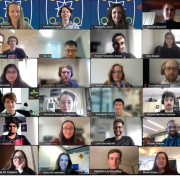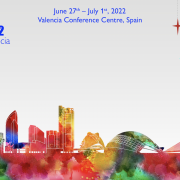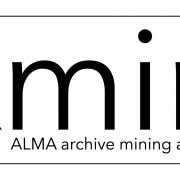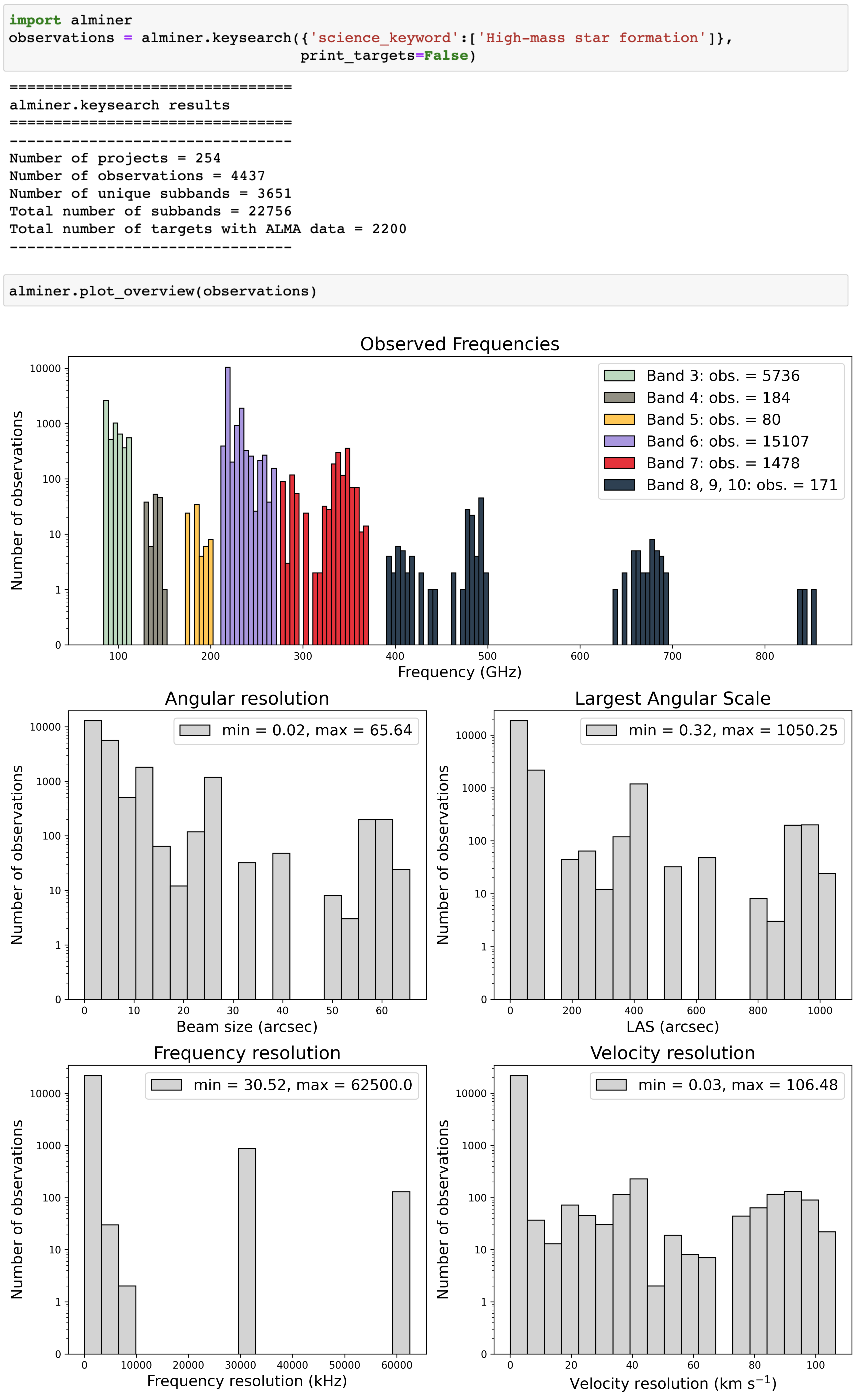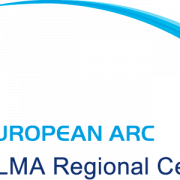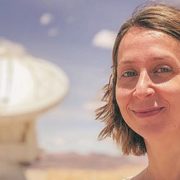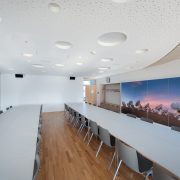The next meeting of the European Astronomical Society will take place in Valencia (Spain) from 27 June to 1 July 2022. This conference will be in-person. The abstract submission deadline has already passed but registration is open until the start of the conference.
Building bridges: The lifecycle of dust and gas in the Milky Way with ALMA and SKA – EAS S7 symposium
Our Galaxy and its immediate neighbourhood are the only regions where we can undertake detailed studies of the physics driving the formation and evolution of astrophysical objects throughout the entire life cycle of the interstellar medium. ALMA is playing a groundbreaking and fundamental role in the study of a broad range of environments and phenomena due to its unprecedented spatial resolution and sensitivity. At the same time, the Square Kilometre Array (SKA) is now under construction, and it will provide a unique perspective on our Galaxy, complementary to that of ALMA.
Within the life cycle of dust and gas, accretion, fragmentation, feedback, astrochemistry, and temporal changes are common to many astrophysical objects. The respective communities investigating these objects often do not interact – even though they are using many of the same techniques. Symposium 7 is dedicated to building bridges between communities studying events of similar nature in the life cycle of gas and dust but at different astronomical scales and in different environments. The program of the symposium contains five invited talks focusing on accretion and fragmentation on large and small spatial scales, feedback in star-forming regions and evolved stars as well as synergies between ALMA/SKA and other observing facilities.
This style of event- instead of object-focused symposium will hopefully attract many contributors from different fields and communities, lead to interesting discussions and foster new collaborations.
More information about the topics and programme of the symposium can be found here:
ALMA in Europe: support by the European ALMA Regional Centre Network and new ways of interacting with data through the ALMA Science Archive
In this lunch session we aim to present to the European astronomical community how ALMA user support in Europe has evolved over the last years, the various types of support it offers, and the ways the European astronomical community can make use of this support. We will provide an update on the ALMA Science Archive and the tools that were developed to maximise its science output. We will furthermore discuss the outcomes of the ALMA Redesign the User eXperience (RedUX) project and show some of the actions that have been taken regarding user support and archive development. We will finish by taking time to discuss recent relevant changes within ALMA that are of direct interest to the astronomical community, including for example the distributed peer review system of proposals and how the connection between the astronomical community and the European ARC network can be further improved. More information can be found here.
During the conference, ALMA will have a booth in the exhibition space where interested conference participants can visit to ask questions about ALMA and the ARC network and take home merchandise.


